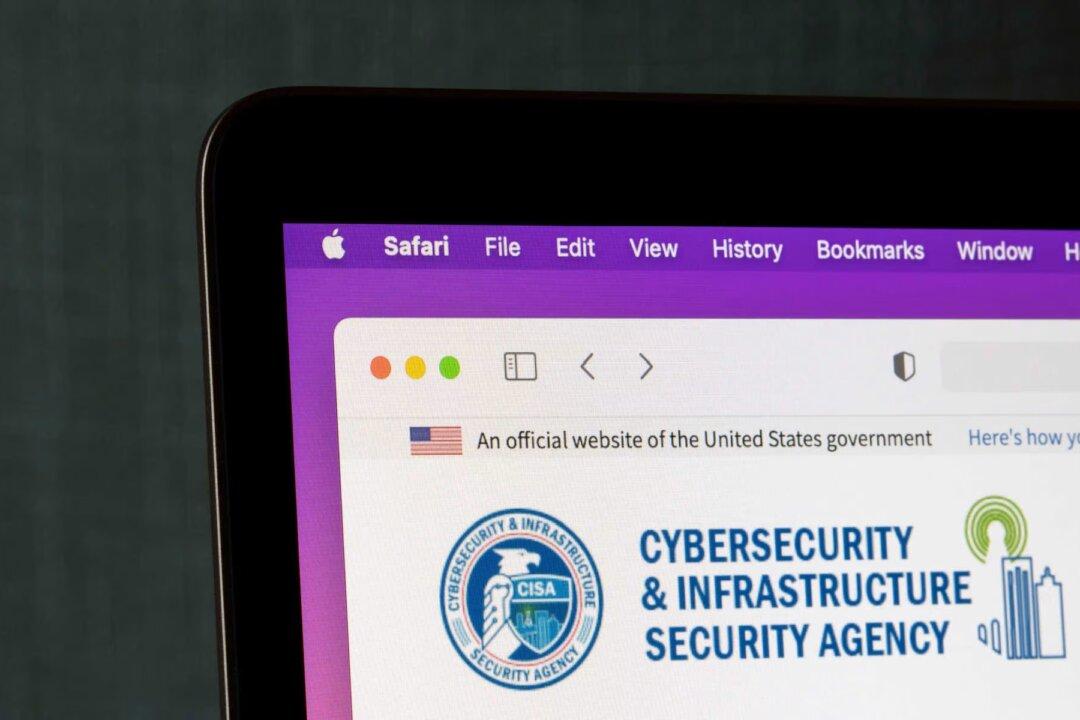House Republicans warned that the Department of Homeland Security’s (DHS) cybersecurity arm could threaten online free speech in potential efforts to police disinformation on topics like racial justice, the financial markets, and the withdrawal of troops from Afghanistan.
Homeland Security Committee’s Subcommittee on Oversight, Investigations, and Accountability, led by Chairman Dan Bishop (R-N.C.), held a May 11 hearing on censorship, citing concerns about the DHS Cybersecurity and Infrastructure Security Agency (CISA).





